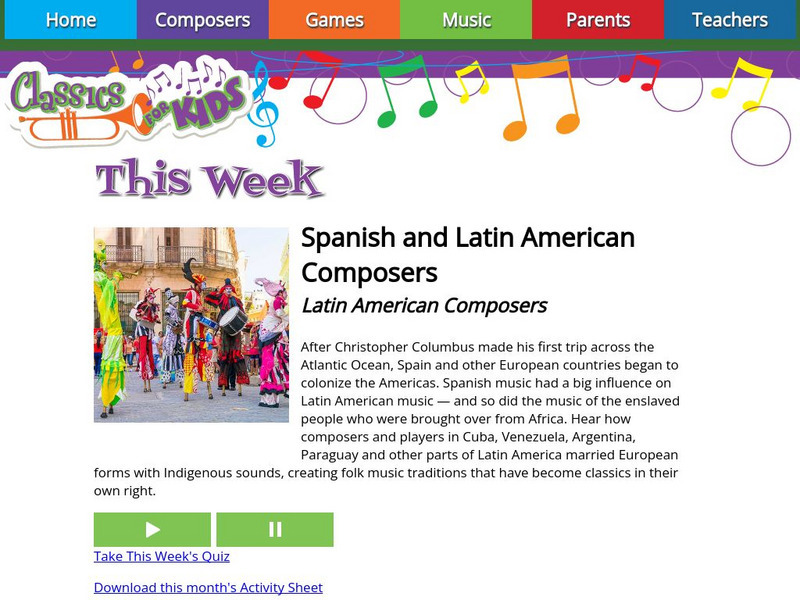Curated OER
Broccoli
Students use the topic of broccoli to learn about a healthy diet as well as the notations in music. For this music lesson, students are introduced to music style and content. Students create their own rhythm pattern and write a rap about...
Curated OER
Motion and Rhythmic Patterns
In this motion and rhythmic patterns worksheet, students solve math patterns based on sounds and motions. Students circle the next sounds or motions in the patterns.
Curated OER
Song Writing
In this song writing activity, 9th graders read about the cadences, chords, tunes, and lyrics that are used in song writing. There are no questions associated with this activity.
Curated OER
Learning Different Rhythmic Patterns
Fifth graders observe and demonstrate different rhythmic patterns including combinations of quarter and rest notes. They discuss how rhythm is created by using quarter and rest notes, clap to a rhythmic pattern, write a rhythm, and...
Curated OER
Get On Board This Train
Students examine and discuss the African American Spiritual in a choir setting. They also sing the spiritual "Get On Board This Train" while using terms and techniques studied in the lesson.
Curated OER
Hole Hole Bushi
Fourth graders play a written rhythm pattern. They state when a rhythm pattern varies from a given pattern by listening to an ostinato. They state reasons why people migrate to different lands.
Curated OER
Jan Ken Pon
Fifth graders explore components of Japanese language, song, instruments, and music. Dotted eighth and sixteenth notes are practiced, the pronunciation of words for the song taught, and chords for tone chimes played in this lesson.
Curated OER
Reading Music Notation
Ninth graders develop an understanding of music notation and become proficient at reading rhythms by sight. They explore rhythms base on divisions of two and four and triplets.
Curated OER
Broccoli
Students figure out rhythm notation for phrases describing the benefits of broccoli. They compose four-measure patterns using the rhythms of these phrases.
Cornell University
Cornell University: Art, Design, and Visual Thinking
Use the left-hand toolbar of this site to investigate an online textbook for the language of design. It provides visual examples and explanations of line, form, color, color psychology, texture, balance, proportion and many more...
National Endowment for the Humanities
Neh: Edsit Ement: Japanese Poetry Tanka? You're Welcome
A poem "which expresses a personal response to nature," the tanka is a form of Japanese writing very similar to the haiku. This lesson plan is a great extension to any study or exploration of Japanese art, culture, and writing. Included...
Other
Alien Travel Guide: Elements of Music the Basics
Fine site created for Canadian schools devoted to basic elements of music, including pitch, acoustics, time signatures, keys, and rhythm.
Other
Wilbur's Music Tutorial #3: Rhythm and Tempo
This site is a music tutorial, which helps one to learn how to count the beat in music.
Other
Music Fundamentals
This is like a music theory textbook online. It includes great explanations and assignments, although there is not a way to check your completed assignments. It begins with the basics and goes through triads. Midi files are included.
ReadWriteThink
Read Write Think: Poetry: A Feast to Form Fluent Readers
Students will learn how to use theory to practice methods to help them discuss the meaning of written texts. Student objectives and instructional plans are provided. Some resources on this link may need additional software to operate...
Quia
Quia: Rhythm
Pick one of these interactive activities to strengthen your knowledge of rhythm and musical notes. Play matching, concentration, flashcards, or a word search to review these musical terms.
Utah Education Network
Uen: Song Writing
This lesson plan engages students in writing lyrics to songs. Students will use free musical software to aid students as they put their lyrics to a tune and tempo.
Utah Education Network
Uen: K Act.13: Forming Relationships Using Music & Rhythm
This lesson engages students in learning about short vowel sounds. Connections to multicultural songs, books, music, stories, and activities immerse students into new content. Students will connect letter and sound cards to pictures of...
Utah Education Network
Uen: Feel the Music
Students will learn about words used to desribe music. Students will listen to music, move to music, and paint to express themselves.
Utah Education Network
Uen: Rhythm and Rhyming
This lesson engages young scholars in the shared learning of different poems of the month. Students will clap different rhythms and then apply clapping patterns to different poems of the month. Each poem will contain different rhythms...
Other
Lexiconic.net: Elements of Poetry
This resource explains how to approach an analysis of a poem. It discusses assumptions people may have, the importance of reading it closely before analyzing it, looking at the stanza structure, the type of poem, the sound patterns,...
Province of British Columbia
British Columbia Ministry of Education: Music 8 to 10 [Pdf]
This is a Music curriculum for Grades 8-10 from 1995. Included is a section on Melody per grade. Links and appendages are available at the end. Great resource for teachers.
PBS
Classics for Kids: This Week
This website is sponsored by a classical radio station in the Midwest. The site contains audio files and text files of past shows, games, a handful of lesson plans, and lots of energy. You can find information on many composers by...
Other
Centre for Literacy in Primary Education: Poetryline: Poetic Forms and Devices
An excellent resource for learning about the different forms and devices used in poetry. Each item is linked to its own page which has examples of its use. Many of the pages have videos of authors reading their poems, and some have...











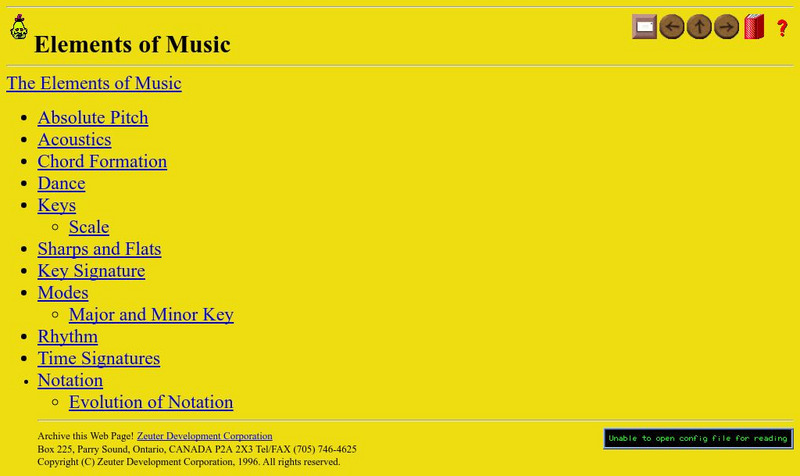
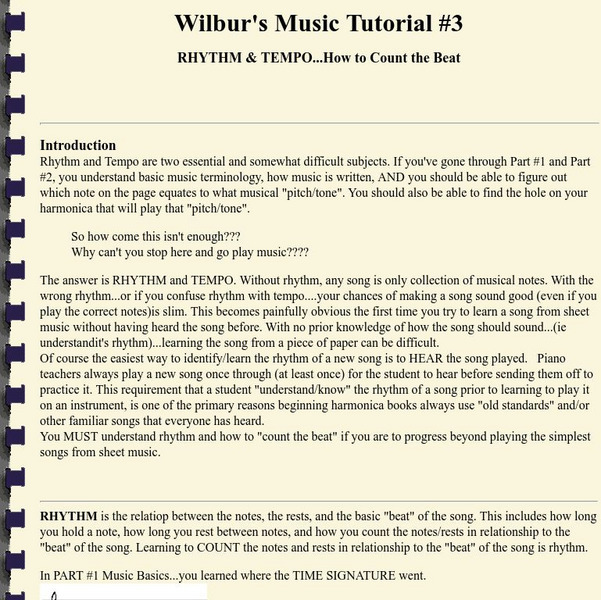

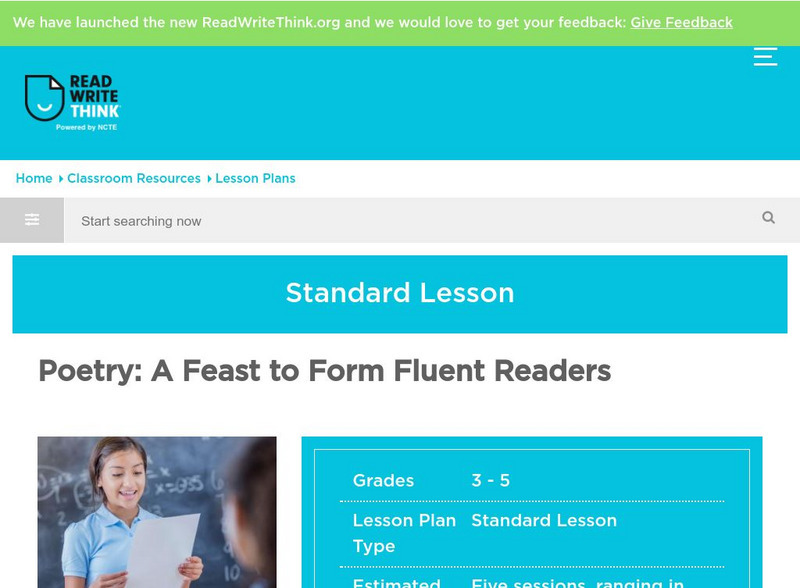


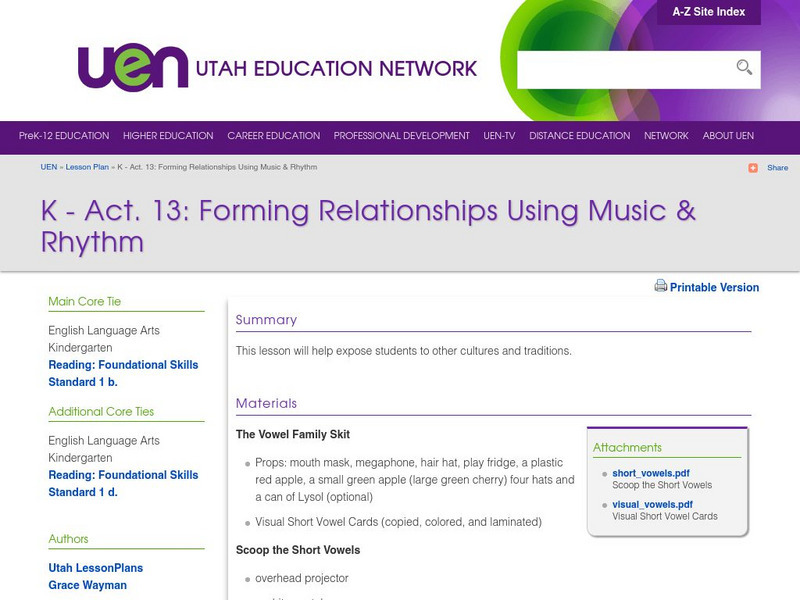
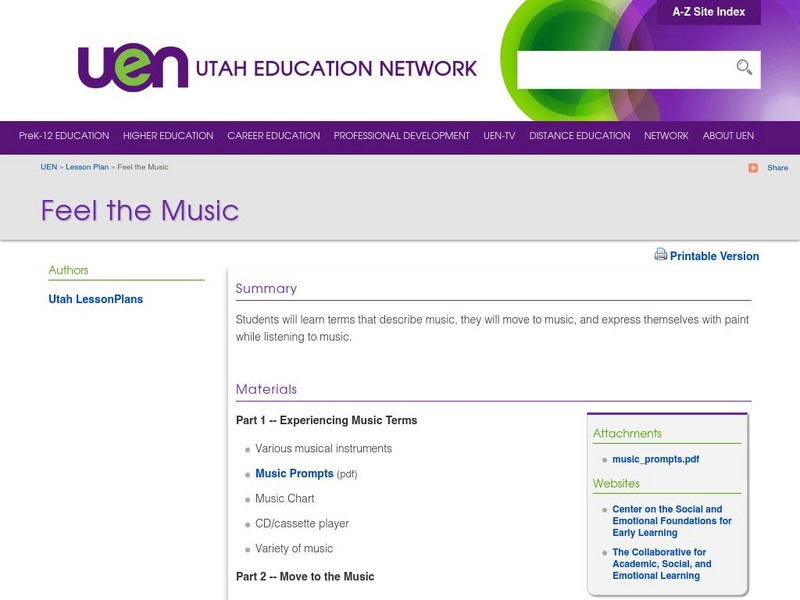

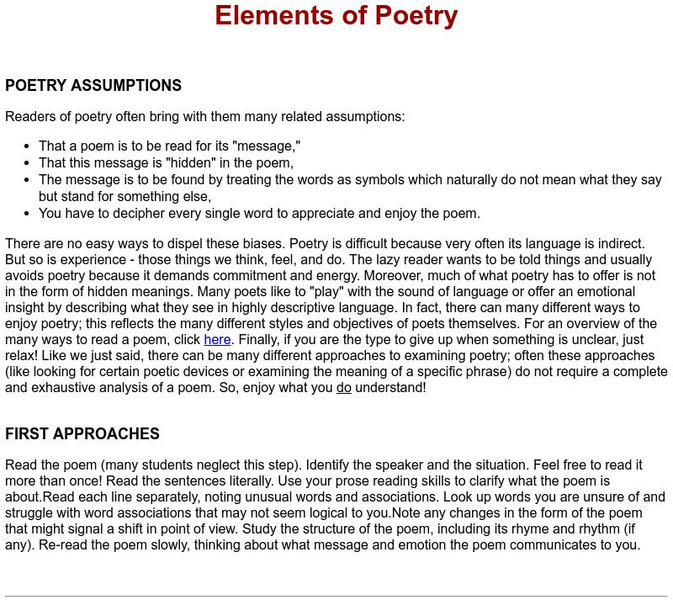
![British Columbia Ministry of Education: Music 8 to 10 [Pdf] Professional Doc British Columbia Ministry of Education: Music 8 to 10 [Pdf] Professional Doc](https://static.lp.lexp.cloud/images/attachment_defaults/resource/large/FPO-knovation.png)
